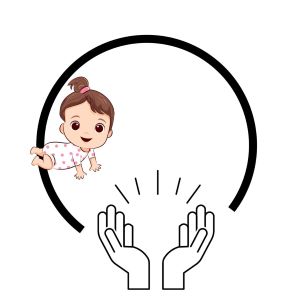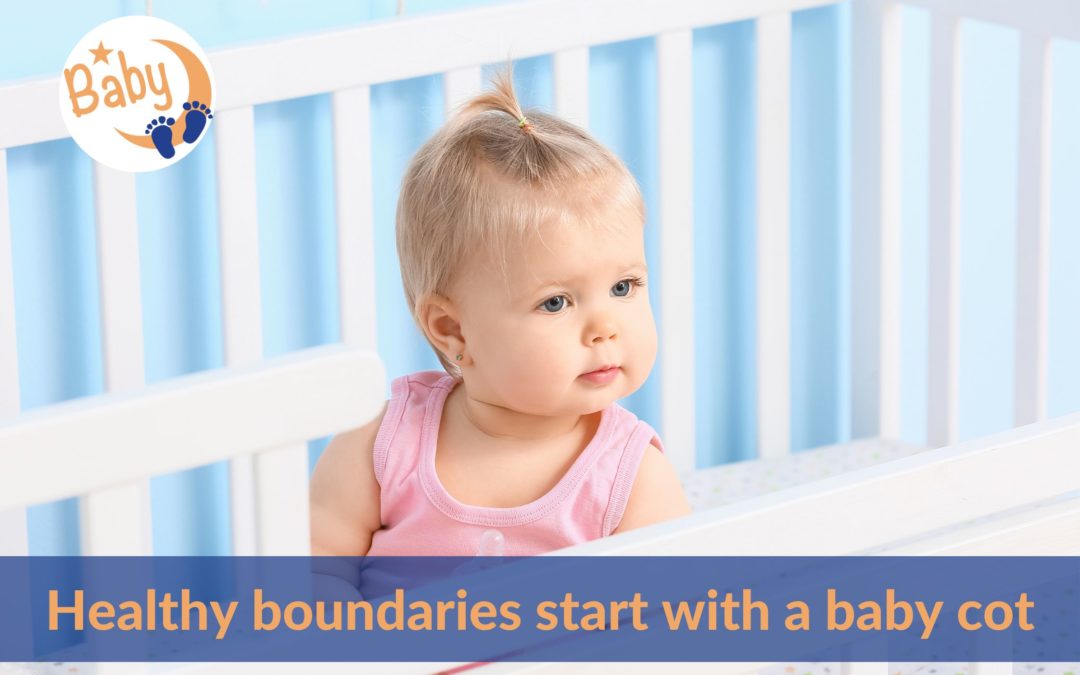Healthy boundaries for babies
In the challenging journey of raising a baby, one of the pivotal aspects that often gets overlooked is the establishment of healthy boundaries. Because they are tiny, sensitive, and sweet, most parents believe their babies do not need any boundaries.
At the same time, we assume that boundaries cannot be set with love and care, but only with restrictions and fights. This couldn’t be further from the truth.
In this article, I will delve into the significance of setting healthy boundaries for babies from an early age, starting with a baby cot.
Building Trust & Security
Setting boundaries from the early stages of infancy contributes significantly to the development of trust between parents and their babies. Babies, although unable to express themselves verbally, are highly perceptive and responsive to the environment and the caregivers around them. Establishing consistent limits helps create a sense of security, enabling babies to form a strong emotional foundation.
The first healthy boundary for a baby is its cot!
A crib is a safe space for a baby, in the same room with the parents, where babies can feel secure and able to do anything (play, drink, sleep and even cry), if we send the right message.
- If you rush to pick up your baby the minute they cry in their cot, you send them message that crying is not allowed in that space.
- If they fall asleep all the time on you, in your arms or next to you in the family bed, but wake up later on in their cot, then they feel this is not a familiar space and not the place where they should sleep.
- Or if you pick them up the minute they make a sound, move or briefly wake up in their cot, not only you stimulate them, but you can also deprive them of the chance to learn self-settling and resettling.
- If you worry that your baby will feel “abandoned” in their cot or that there will be a breach of trust if you leave them there for a few minutes, even crying, I would like to put your mind at peace. Secure attachment is built on reassurance and predictability, your baby knowing and anticipating that you are close and will come to them in a short while. You just have to practice this urge to rush to your baby instantly and make a pause beforehand when you can listen to your baby language and then, after taking a deep breath, respond.
In this context, parents are the main messengers for their baby, allowing them the space and time to find the safety, comfort and peace in this protected space – the crib, with their parents around.
Promoting Independence & Freedom
As babies grow, so does their curiosity and desire for exploration. Healthy boundaries provide a framework for toddlers to navigate their surroundings independently and safely. This fosters a sense of autonomy and self-confidence, laying the groundwork for their future interactions and relationships.

Remember the concept of open hands? They form the imaginary circle where children learn to explore the world knowing that their parents’ open arms wait for them when they return. And it all starts with moving around in their baby cot.
We often think that babies need freedom, and a cot would restrict their universe in this context. However, children love tiny spaces, they hide and play there, if they feel safe there. Moreover, freedom is a grown-up concept which children are not aware of and don’t really understand it. So, it would not be fair to assume that our babies need this freedom as much as their parents do. On the contrary, it would be more helpful to be aware of the impact our own beliefs and perceptions have on our children, in the long run.
From infancy till teenagerhood, children need boundaries. And they will test their parents’ limits over and over again, until they find those healthy boundaries they can rely on. So, don’t be afraid to set them, by lovingly guide your children and still being firm and confident at the same time.
If you do that and don’t panic or overreact, your children will feel safe and secure, in good hands, even if they try to get your attention with something you don’t like.
Take a look at the next article to find out more about the most effective strategies you can use to establish healthy boundaries for your baby.
